The EV impact: Strengthening clean energy ecosystems


As the world moves towards a sustainable future, integrating electric vehicles into our energy systems becomes increasingly vital. To explore this topic in depth, we sat down with Jeremy Yapp, Policy & Regulation Director at ev.energy.
In this interview, Jeremy shares his insights on how EVs can support the transition to a decarbonized grid, the regulatory changes needed to facilitate this shift, and the environmental benefits that come with smart charging and Vehicle-to-Grid (V2G) technology.
Join us as we delve into the future of clean energy and the transformative impact of EVs on our power grids.
Why is electrification essential for achieving net zero emissions, and what role can EVs play in this transition?
Electrification lies at the heart of any credible path to achieving net zero emissions. Electricity stands out as the easiest element of our energy consumption to decarbonize. As we look ahead to 2050 and the UK’s commitment to decarbonize all sectors of its economy, it’s clear that we’ll experience a significant increase in electricity demand, meaning we will need to increase our capacity to generate electricity without burning fossil fuels.
This is where EVs can play a pivotal role. By intelligently managing EV charging, we not only meet the demands of individual drivers but also contribute to building energy capacity. Imagine a scenario where millions of EVs are connected to the grid, charging during off-peak hours and even feeding power back into the grid during times of high demand. This dynamic interaction between EVs and the grid helps to shave demand peaks, which means we will need less additional generation.
In essence, EVs become distributed energy resources, effectively bolstering the grid’s capacity while accelerating the transition to a cleaner, more sustainable energy future.
What policies and regulations will accelerate the integration of EVs into the power system?
Firstly, the sheer volume of EVs on the roads will naturally lead to more integration with the grid. This emphasizes the importance of policies like the zero-emission vehicle mandate, requiring all new cars and vans to have zero emissions by 2035. This must be maintained to support the continued electrification of road transport.
Secondly, we must remove barriers preventing people from switching to EVs. Cheaper electricity would be an excellent place to start. We need to get better at providing drivers with the information they need, to give them confidence in this technology and in the charging infrastructure that supports it. Clear rules about data sharing will give consumers confidence that their privacy is protected, and we also need to earn consumer trust in the benefits of grid integration. Building this trust and demonstrating the value that managed charging can bring will be fundamental to the wider acceptance of new charging models and the transition to electric mobility.
The third crucial aspect is to provide incentives and remove barriers for grid operators. This involves recognizing the value of flexibility in the grid infrastructure. Currently, network operators can claim back spending on network infrastructure through standing charges, which serve as compensation for their infrastructure expenditures. However, we need to ensure that network operators can also claim back spending on flexibility. By incentivizing network operators to incorporate flexibility into their infrastructure plans, we can unlock additional capacity and improve the resilience of the grid. Regulatory simplification will help to encourage more integration of flexible assets, such as EVs and EV charging equipment, into the system.
What are the environmental benefits of integrating EVs with the grid?
Smart charging EVs can decrease peak energy demand, which reduces the total amount of generation capacity we need to build. This means fewer power plants and less reliance on fossil fuels for electricity generation.
Smart charging also enhances grid responsiveness, allowing for faster decarbonization of electricity generation. The more efficiently a grid can respond to changes in supply and demand, the more intermittent renewable generation it can handle. Flexibility directly enables the rapid phase-out of old, polluting fossil fuel infrastructure in favor of cleaner, renewable energy sources.
Smart charging also makes EVs cheaper to own and run. As more people replace their petrol or diesel vehicles with EVs, we get improved air quality and better public health outcomes. In the UK alone, thousands of people die prematurely each year due to air pollution caused by traffic. By transitioning to electric mobility and reducing reliance on internal combustion engines, we can mitigate these health risks and create cleaner, healthier cities for all.
How does ev.energy incentivise its customers to integrate their vehicles into the power system?
ev.energy offers consumers two benefits for integrating their vehicles into the power system. We schedule charging times to match when electricity is cheapest, so our drivers have lower bills. And we also acknowledge our customers’ contribution to grid management and the environmental benefits mentioned above by rewarding them with points and vouchers for the flexibility they provide.
What is the potential impact of Vehicle-to-Grid (V2G) technology on the transition to electric mobility and grid integration?
V2G technology has the potential to be a game-changer in the transition to electric mobility and grid integration. We know that consumers will be comfortable with this practice because we already see people generating electricity with their solar panels and making informed choices about how to use the electricity generated; whether they use or store it in their home, or export it back to the grid.
With V2G, the EV’s charge can power the home or export back to the grid, significantly adding to the potential cost savings of driving an EV. This technology also has the potential to revolutionize commercial fleet charging.
Don’t miss our new report
We’re excited to share that our new report, Metering Matters: Unlocking Electric Vehicle Charging Flexibility Through the Asset Meter, is now live. Download your free copy today.
Ready to learn more about ev.energy? Check out our award-winning managed charging solutions or download our app.
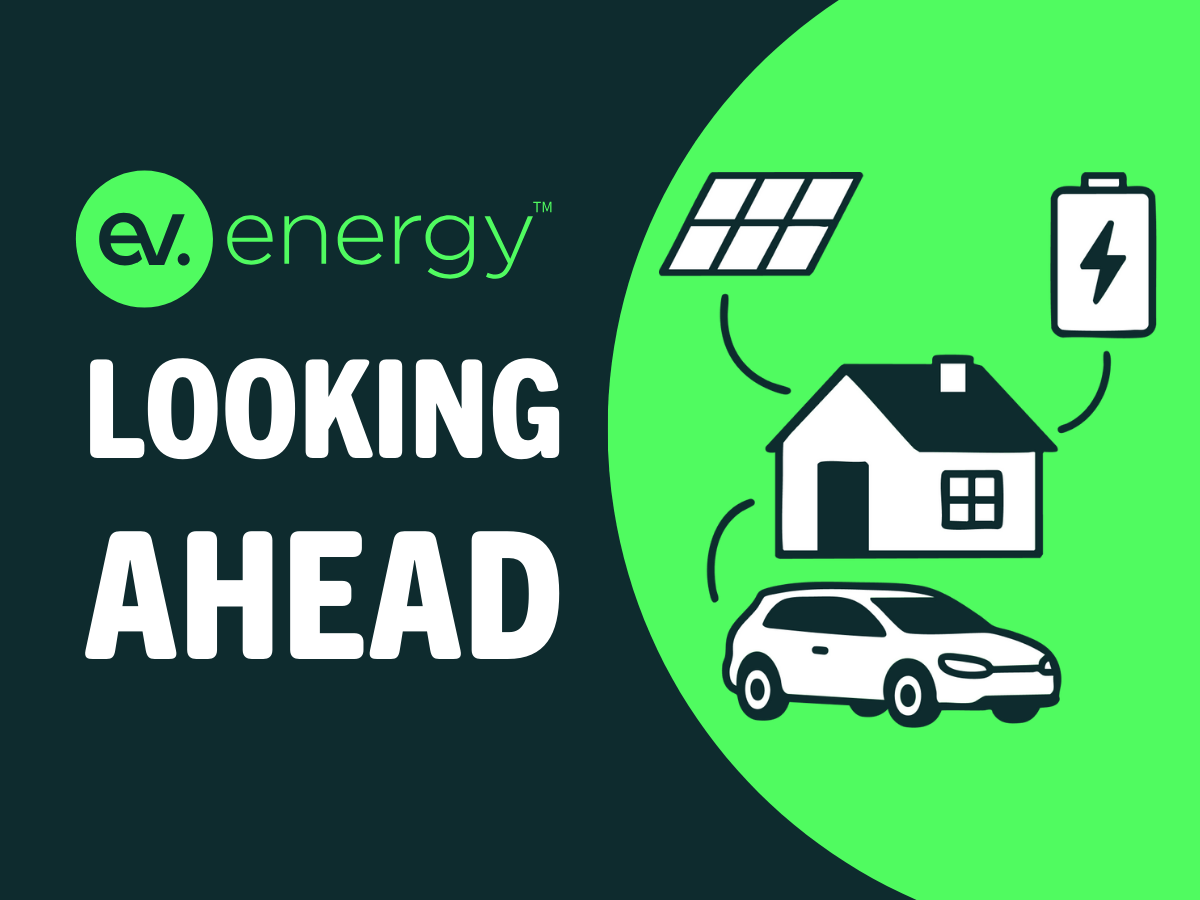

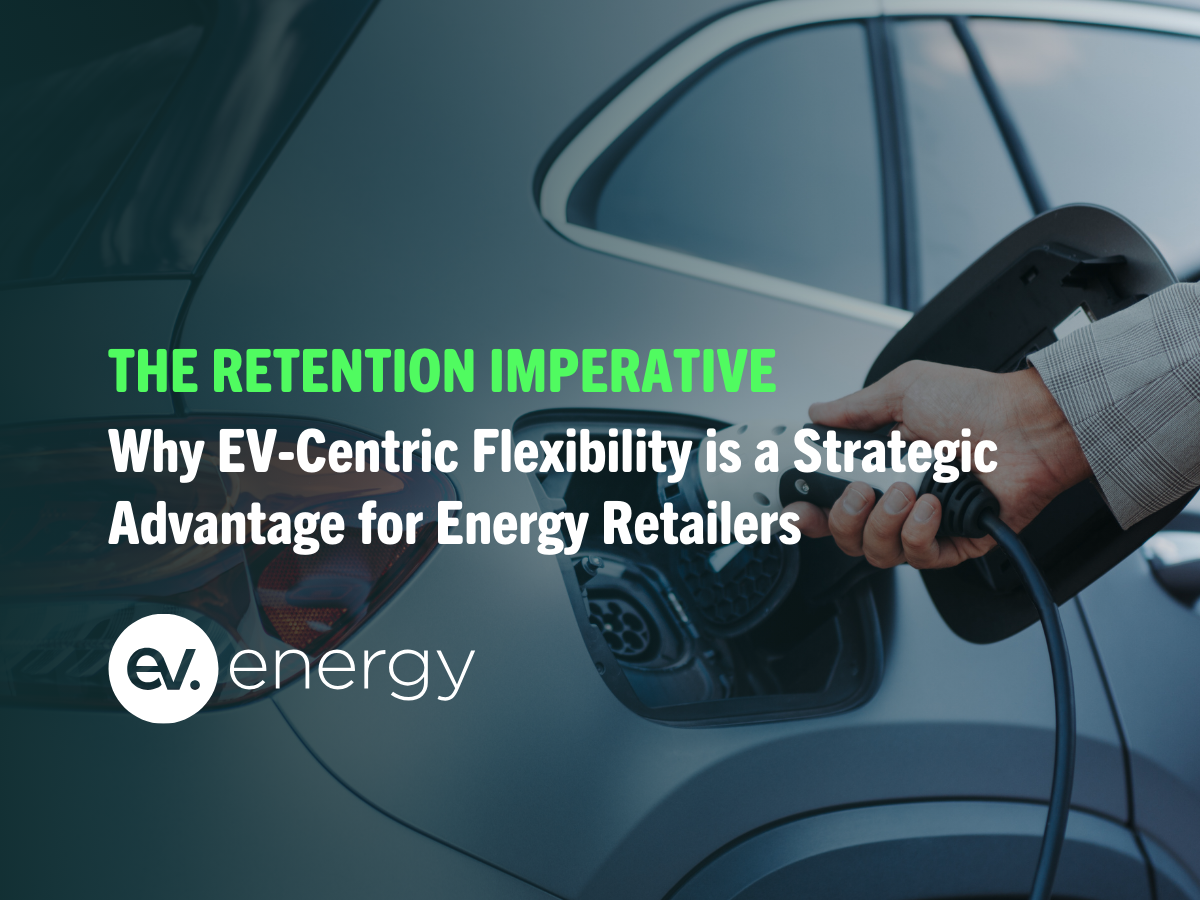

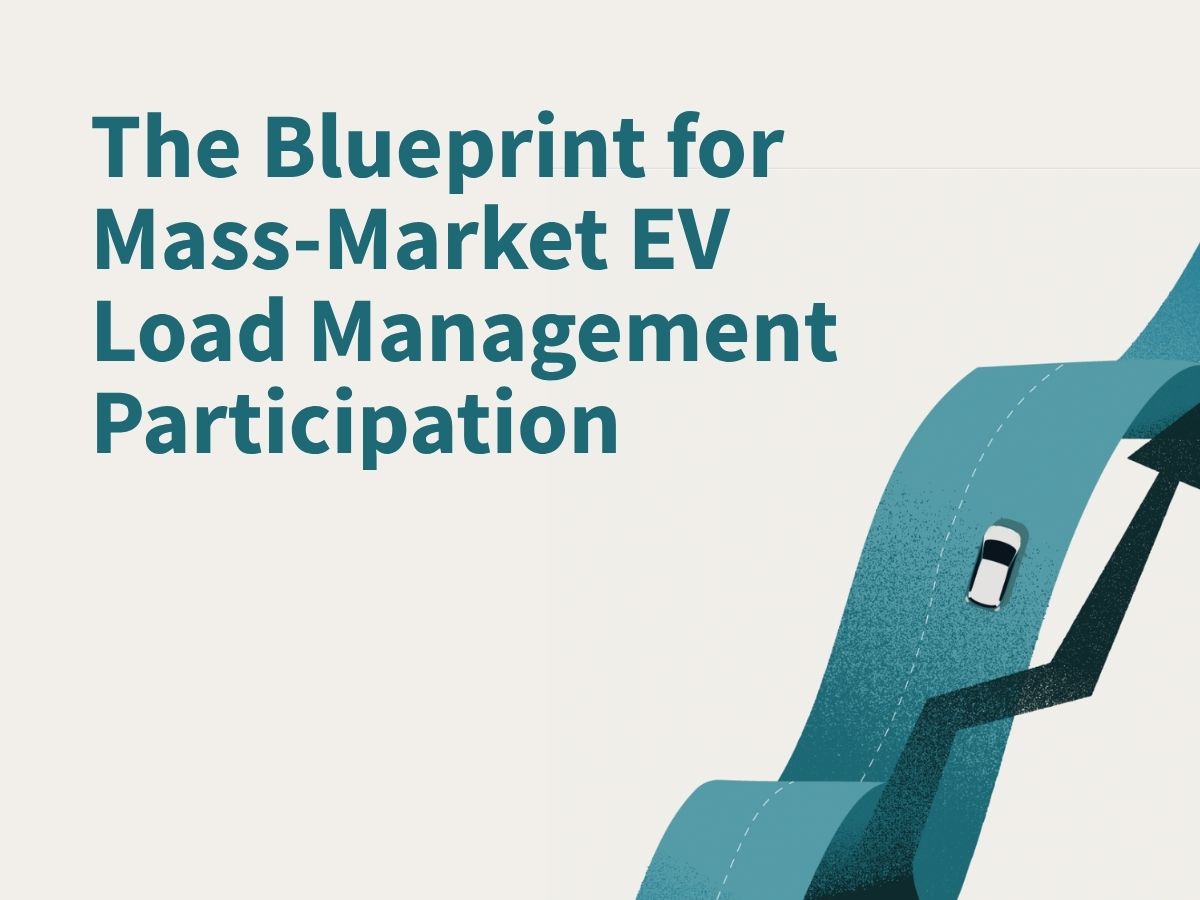

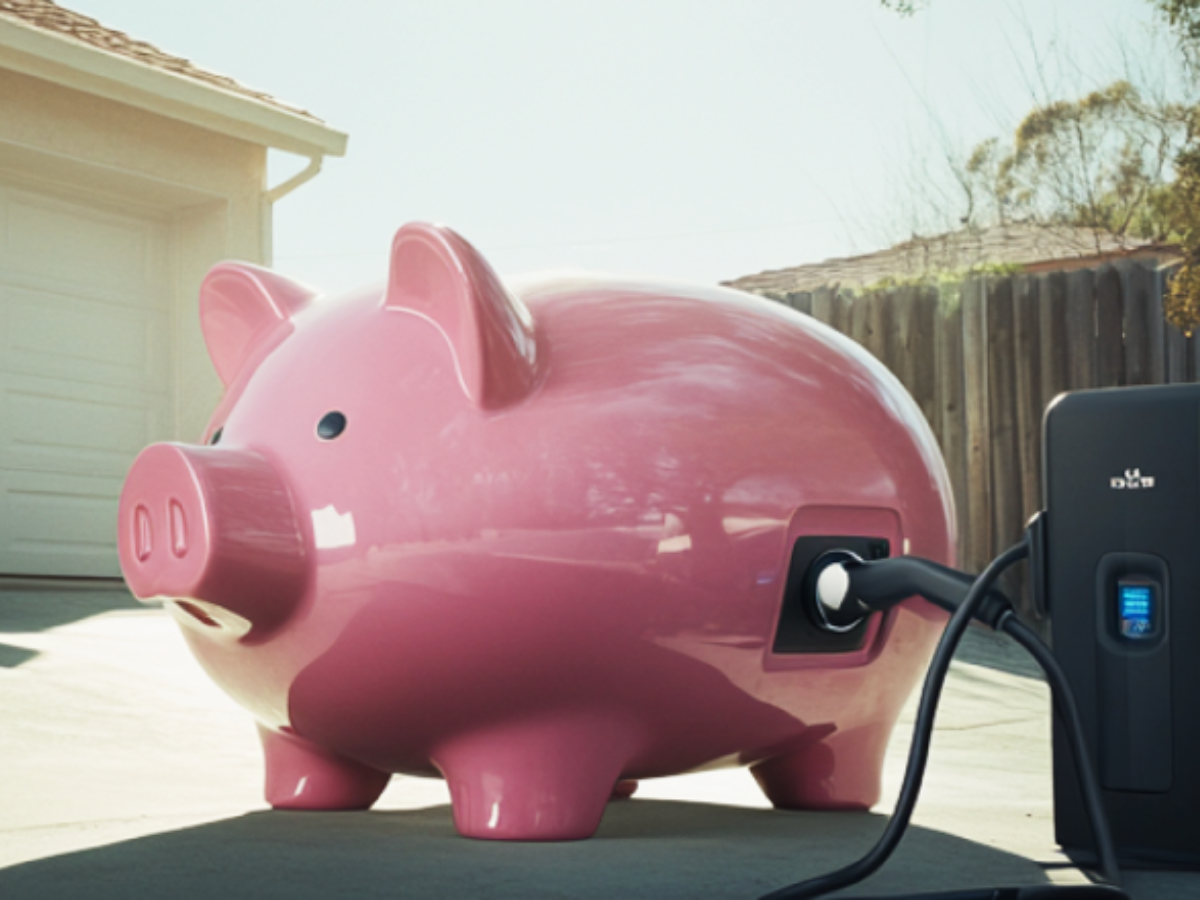




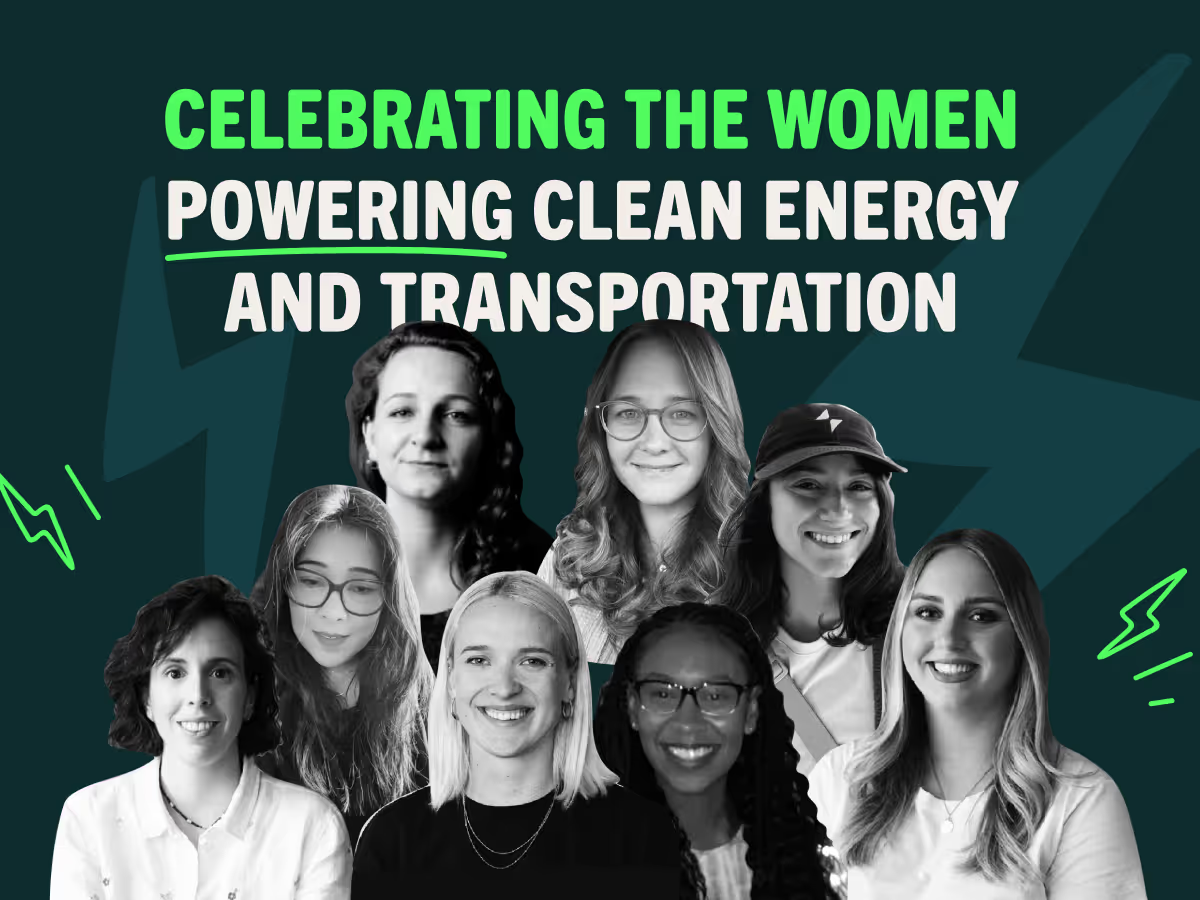


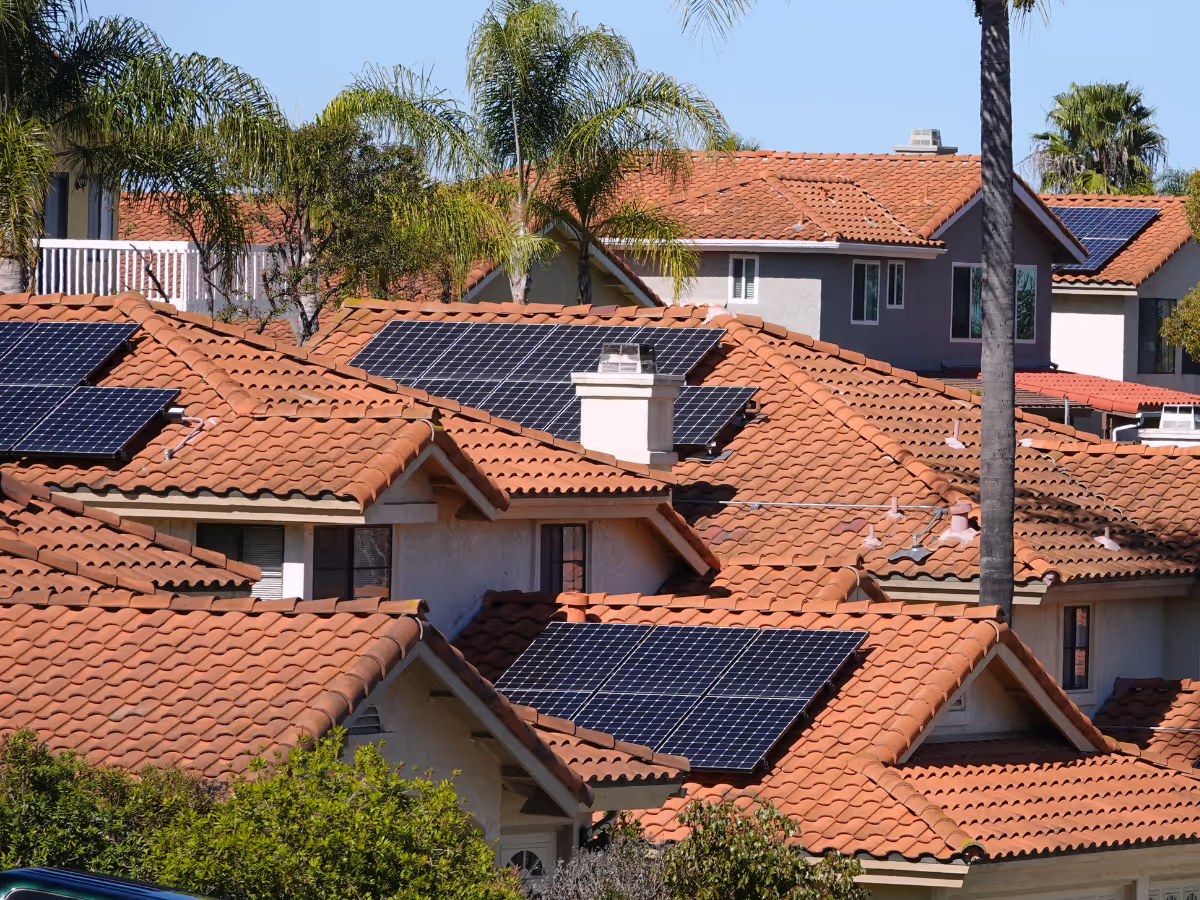


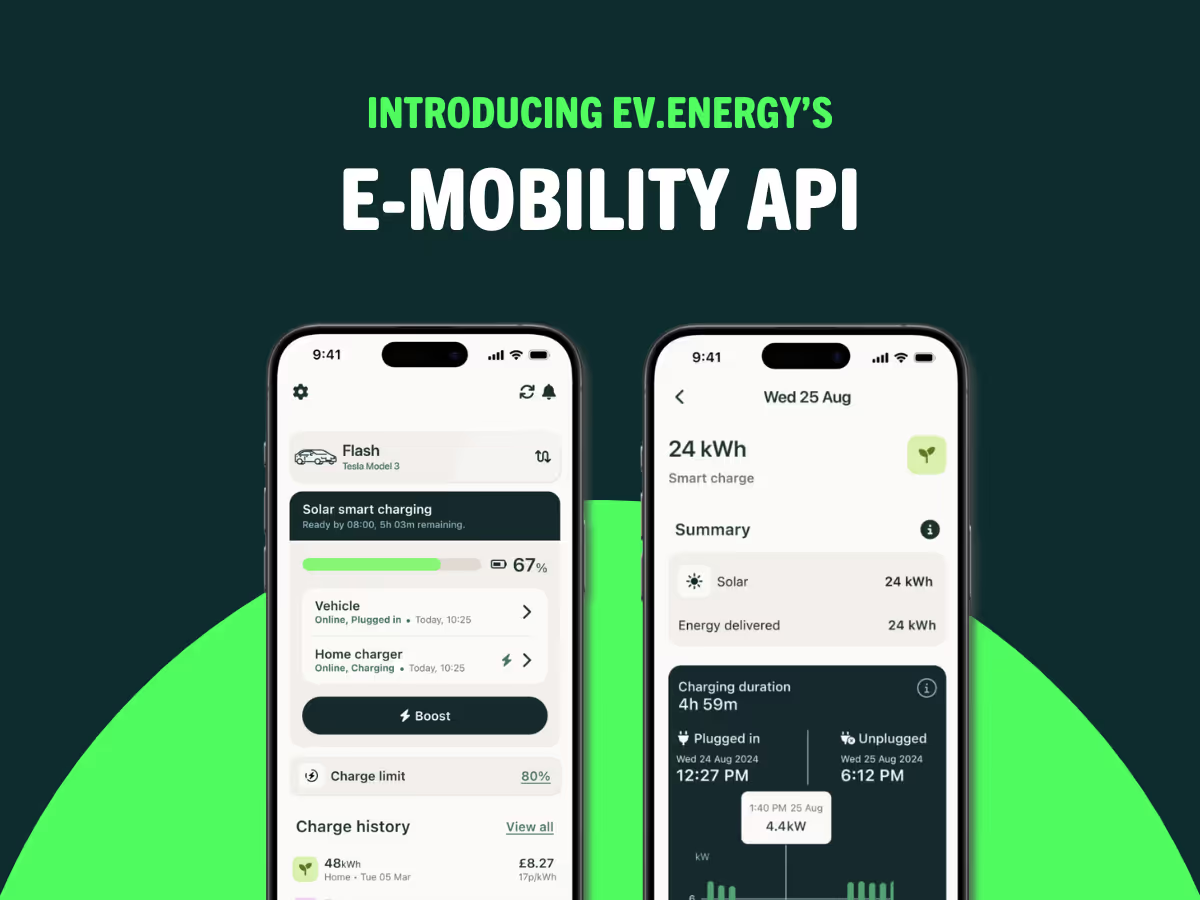

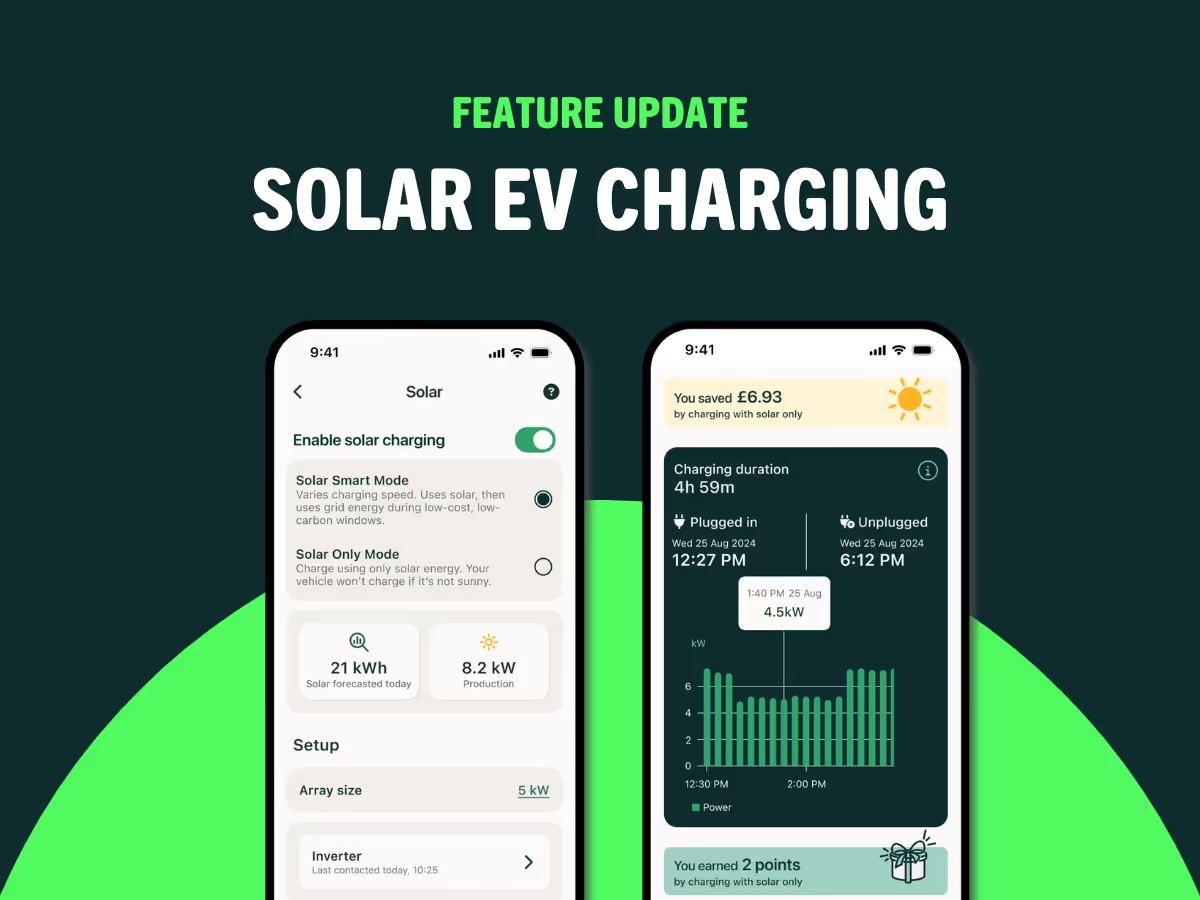











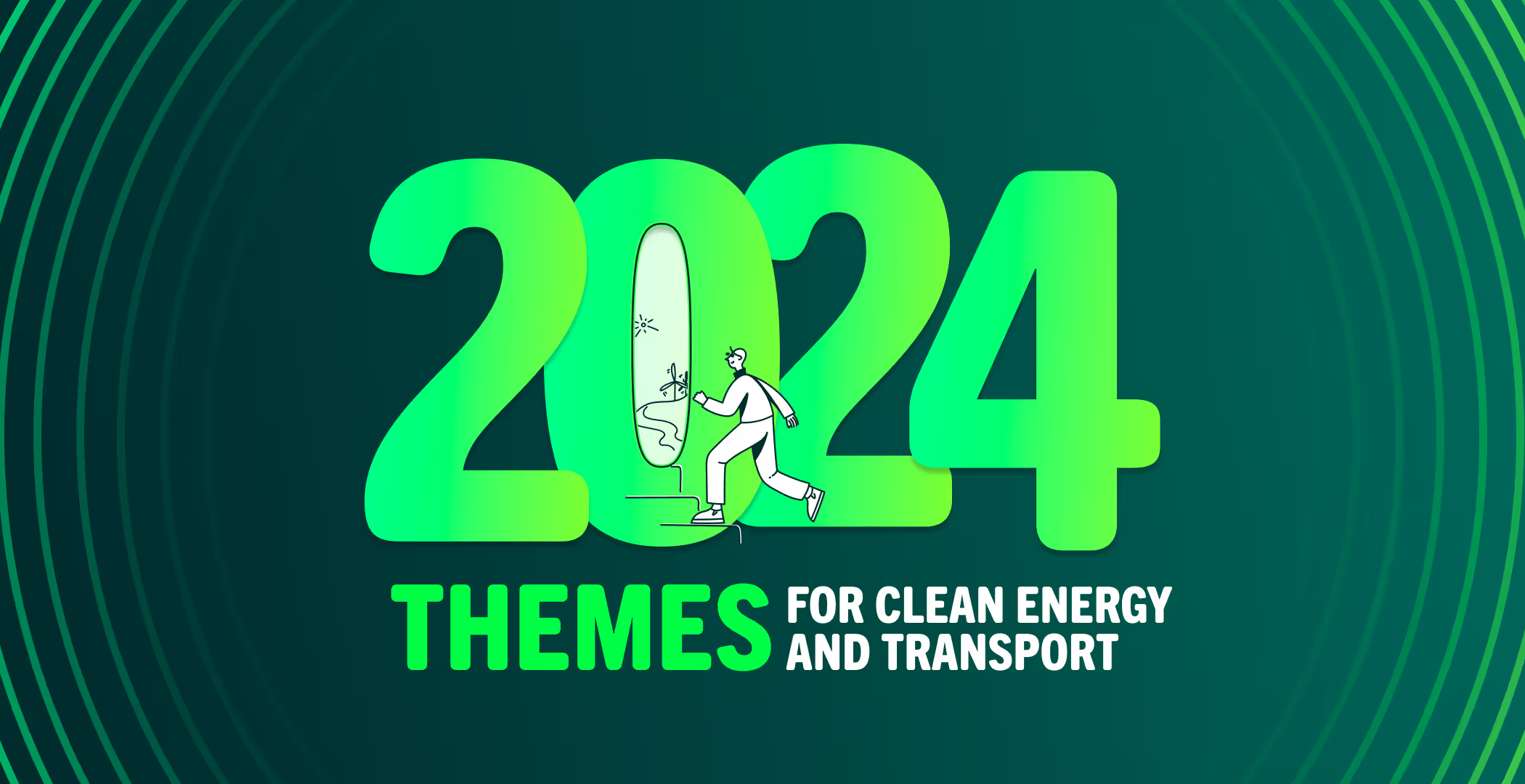
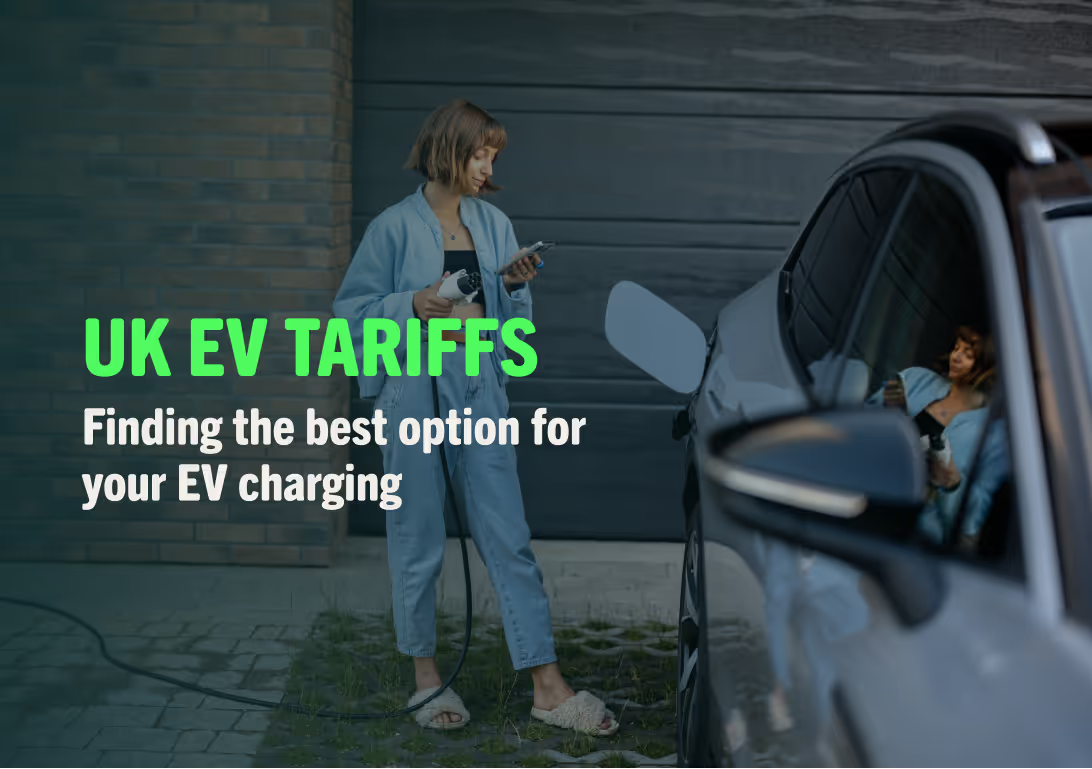








.avif)















































































